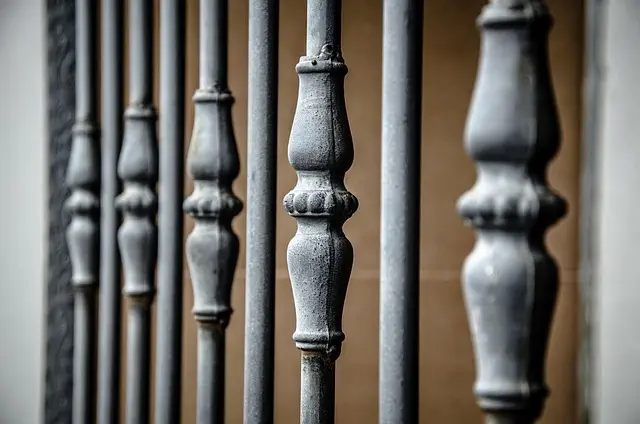Muscle soreness after exercise can last days, prompting interest in kratom as a natural remedy for pain relief. Kratom is legal in Louisiana but lacks strong scientific evidence for muscle soreness treatment. With active compounds interacting with opioid receptors, it offers analgesic benefits but its safe usage for severe or chronic conditions requires further study. Louisiana's possession of kratom faces legal restrictions due to concerns over misuse and addiction. Users must stay informed about regulations to ensure responsible use.
Muscle soreness can be a debilitating condition, but natural remedies offer promising relief. This article explores an unconventional solution: kratom, a plant-based substance gaining attention for its potential therapeutic effects. We delve into the science behind muscle soreness and how kratom’s unique properties may provide comfort. Additionally, we discuss legal considerations regarding the possession of kratom in Louisiana, offering a comprehensive guide for those seeking alternative pain management options.
- Understanding Muscle Soreness and Its Causes
- Exploring Kratom: A Natural Remedy
- Legal Considerations: Possession of Kratom in Louisiana
Understanding Muscle Soreness and Its Causes

Muscle soreness is a common issue experienced by individuals after intense physical activity or exercise. It’s a signal from your body indicating muscle strain and damage, often referred to as delayed onset muscle soreness (DOMS). This condition typically peaks 24-72 hours post-exercise and can last for several days, causing discomfort and limiting mobility.
Various factors contribute to muscle soreness, including exercise intensity, type of activity, and the state of your muscles. In the context of possession of kratom in Louisiana, it’s essential to understand that while kratom is legal in the state, its effectiveness as a muscle soreness reliever isn’t backed by extensive scientific research. Some users claim it provides pain relief and relaxation, but more studies are needed to explore its potential benefits and safe usage, especially for chronic or severe muscle soreness conditions.
Exploring Kratom: A Natural Remedy

Kratom, derived from the leaves of the Mitragyna speciosa tree, has gained attention as a natural remedy for various ailments, including muscle soreness. This herb, often referred to as “Kratom,” is known for its analgesic and anti-inflammatory properties, making it a popular choice among those seeking alternative treatments. In Louisiana, where possession of kratom is legal (with some restrictions), many residents are exploring its potential benefits for managing chronic pain and relaxing muscles.
The active compounds in Kratom, particularly mitragynine and 7-hydroxymitragynine, interact with the body’s opioid receptors, providing relief similar to that of traditional painkillers but with fewer side effects. Its ability to soothe muscle spasms and reduce inflammation makes it a compelling option for individuals looking for natural solutions to alleviate post-workout soreness or chronic muscular discomfort. As with any herbal supplement, proper dosage and understanding its effects are crucial to ensure safe and effective use.
Legal Considerations: Possession of Kratom in Louisiana

In Louisiana, the possession and use of kratom are subject to legal restrictions. While kratom has gained popularity for its potential therapeutic benefits, including muscle soreness relief, its status as a controlled substance varies across states. In Louisiana, kratom is classified as a Schedule I drug, which means it is illegal to possess without a valid prescription from a licensed healthcare provider. This classification puts Louisiana among several states that have stringent regulations around kratom, reflecting concerns about its potential for misuse and addiction.
It’s important to note that the legal landscape surrounding kratom can change rapidly. Individuals in Louisiana who wish to use kratom for muscle soreness relief or other purposes should stay informed about local laws and consult with legal experts if necessary. Possession of kratom without a prescription could result in significant legal consequences, including fines and imprisonment. Understanding and adhering to these legal considerations are crucial steps in ensuring safe and responsible use of kratom.
Kratom has emerged as a promising natural remedy for muscle soreness relief, offering an alternative solution for those seeking to alleviate discomfort. While legal considerations, such as the possession of kratom in Louisiana, remain a topic of discussion, ongoing research highlights its potential benefits. By understanding the causes of muscle soreness and exploring Kratom’s therapeutic properties, individuals can make informed decisions about natural pain management. This approach may provide a welcome alternative for those looking to reduce their reliance on traditional medications while navigating local regulations regarding the possession of kratom in Louisiana.














